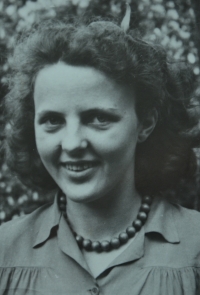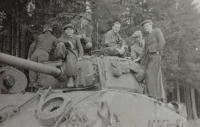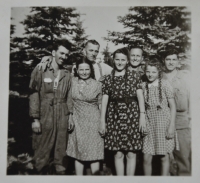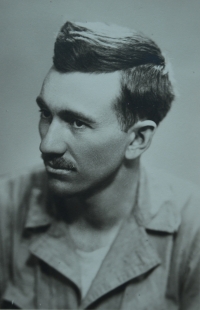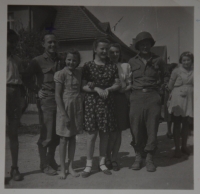I have fond memories of the U. S. soldiers
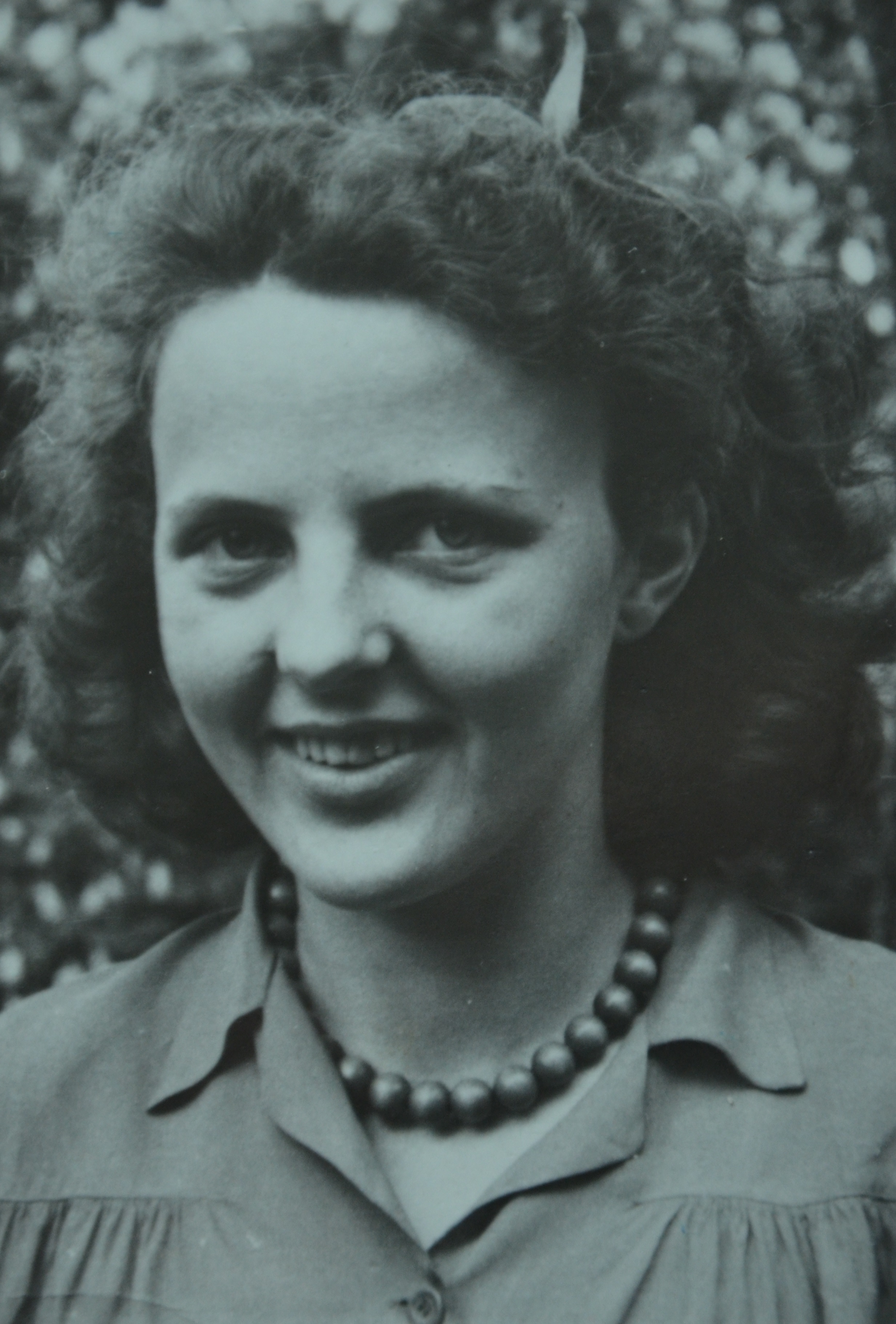
Download image
Jitka Bernardyová, née Ševčíková, was born on the 9th of April in 1933 in Prague. During her childhood, she lived with her sister and her parents in Rokycany where their father worked as a forester. She witnessed the liberation of Rokycany by the U. S. army. Her family provided lodging for three soldiers in their house. One of the Americans, colonel Wesely, became a family friend and Jitka Bernardyová’s father corresponded him. After the Communist coup in February 1948, the family destroyed all the correspondence in fear of being persecuted for contacts with the West. The witness did not get the necessary credentials that would allow her apply to study medicine, the credential being based on the compliance with the Communist régime politics. She took courses in physical therapy and started working as a rehabilitation therapist. After she got married, she mved to Prague and took distance courses at the university. Then she taught at a nursing school. In around 2015, she unsuccessfully tried to reestablish the contacts with the U. S. soldiers. In 2021, Jitka Bernardyová lived alternately in Prague and in Rokycany.
